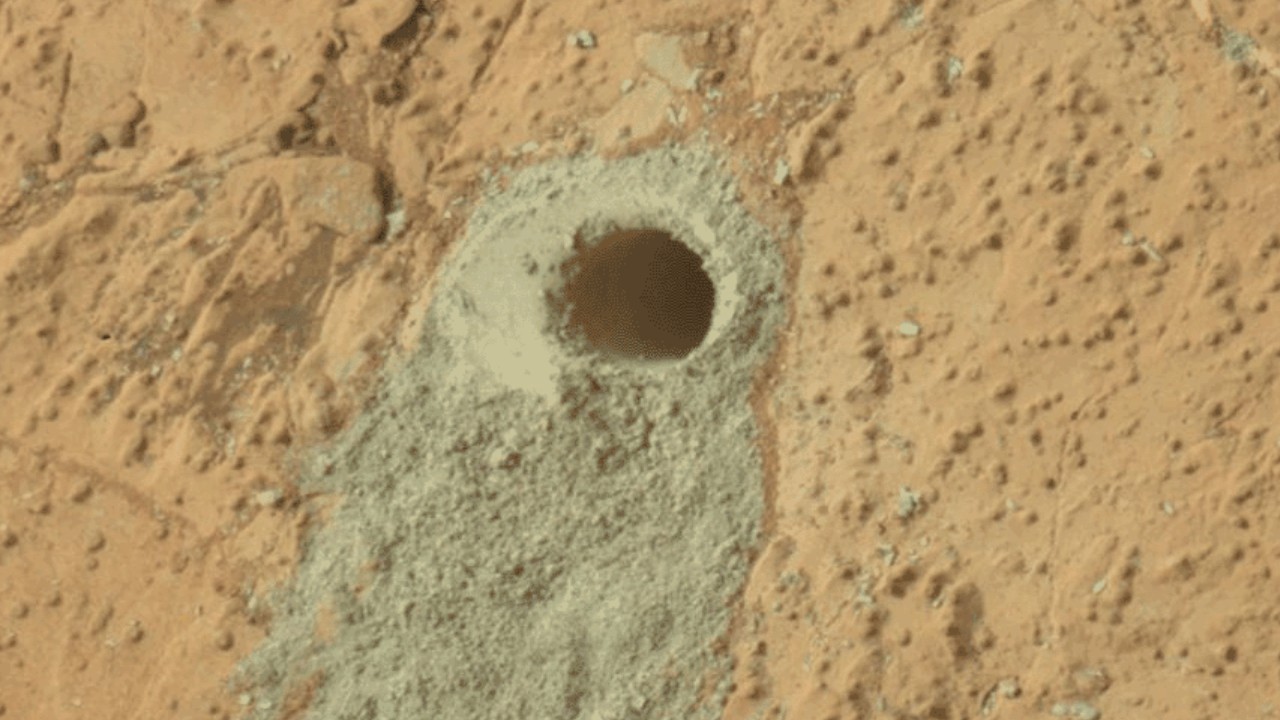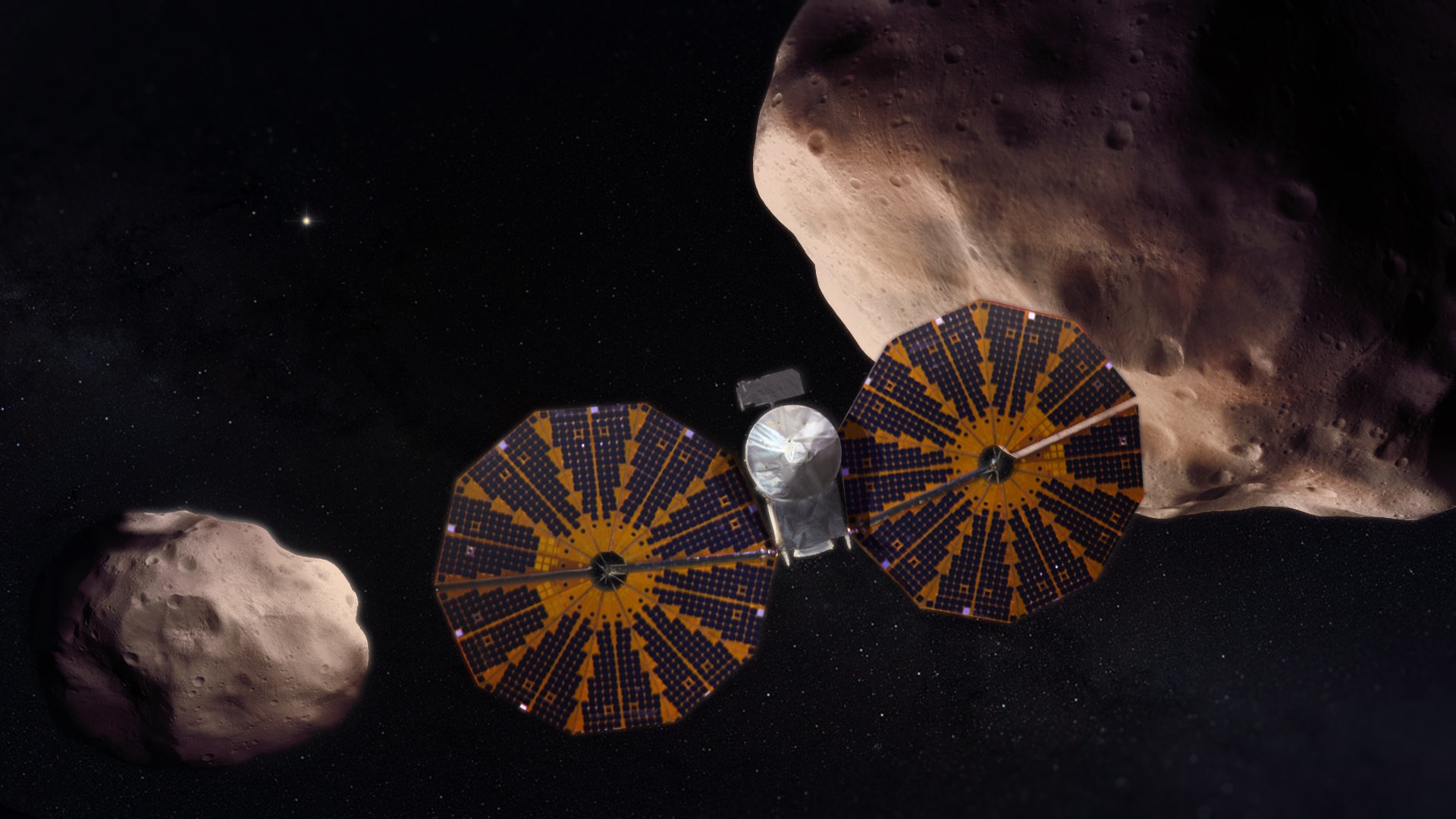Solar System
Explore Solar System
Latest about Solar System
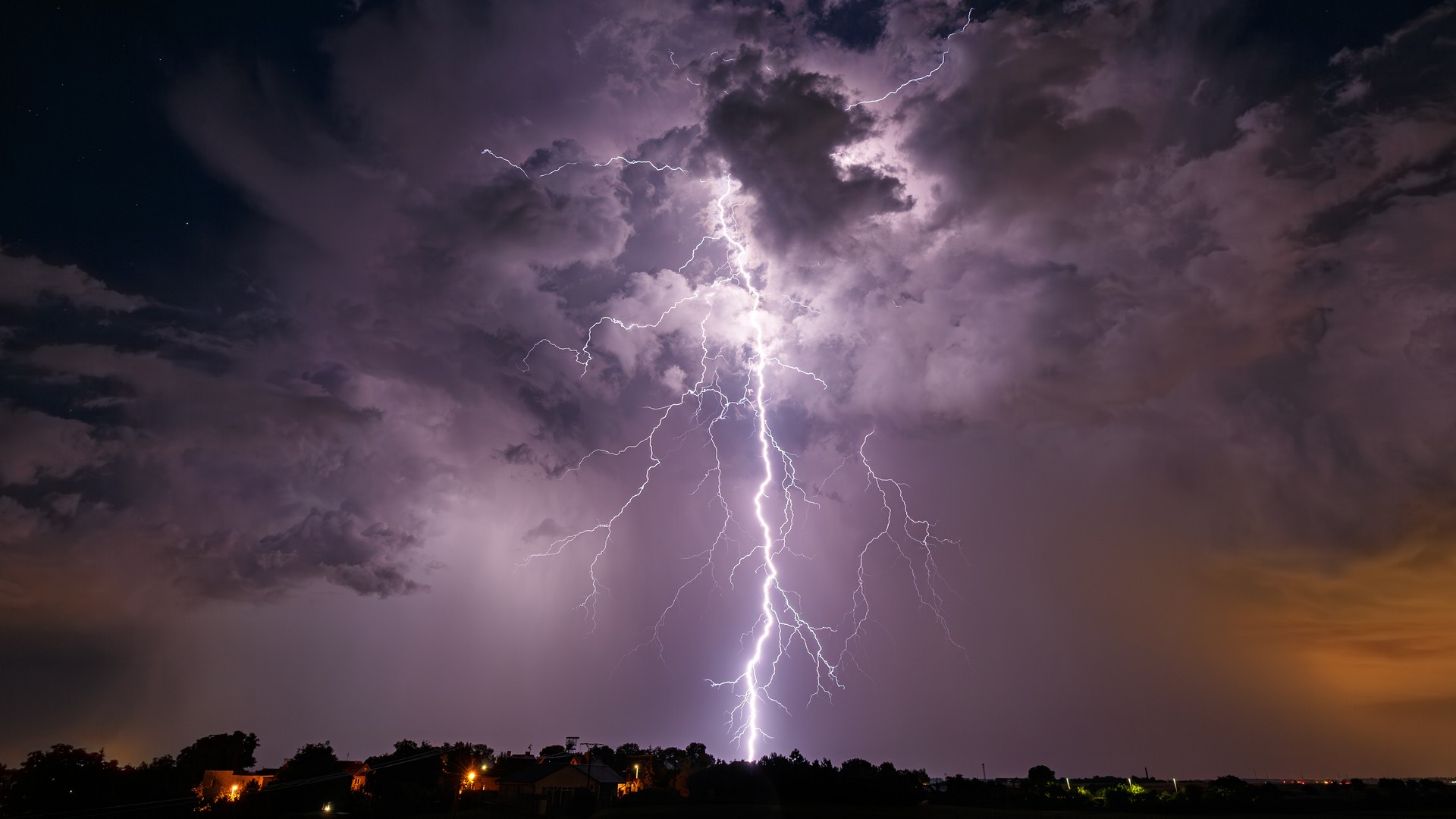
Cosmic rays may be the elusive spark for lightning here on Earth
By Tereza Pultarova published
Cosmic rays may play a role in triggering lightning, a new study suggests, offering an out-of-this-world answer to a long-standing mystery.
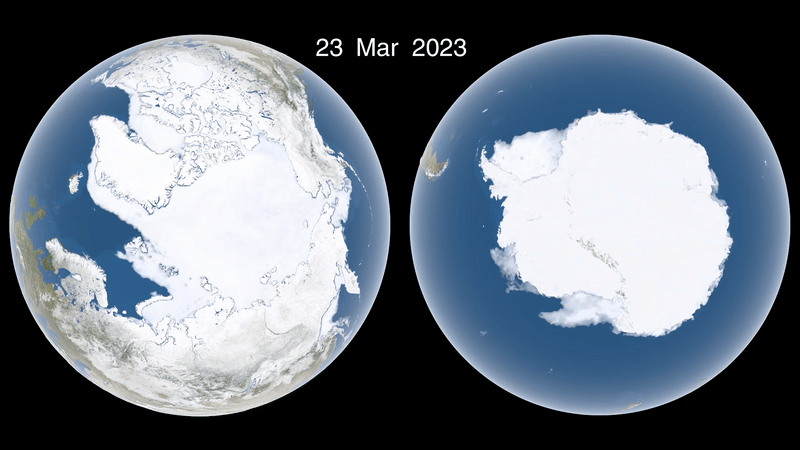
Earth's sea ice hits all-time low, NASA satellites reveal
By Julian Dossett published
Sea ice impacts storms and coastal erosion — and NASA says Earth's total sea ice content has hit an all-time low.
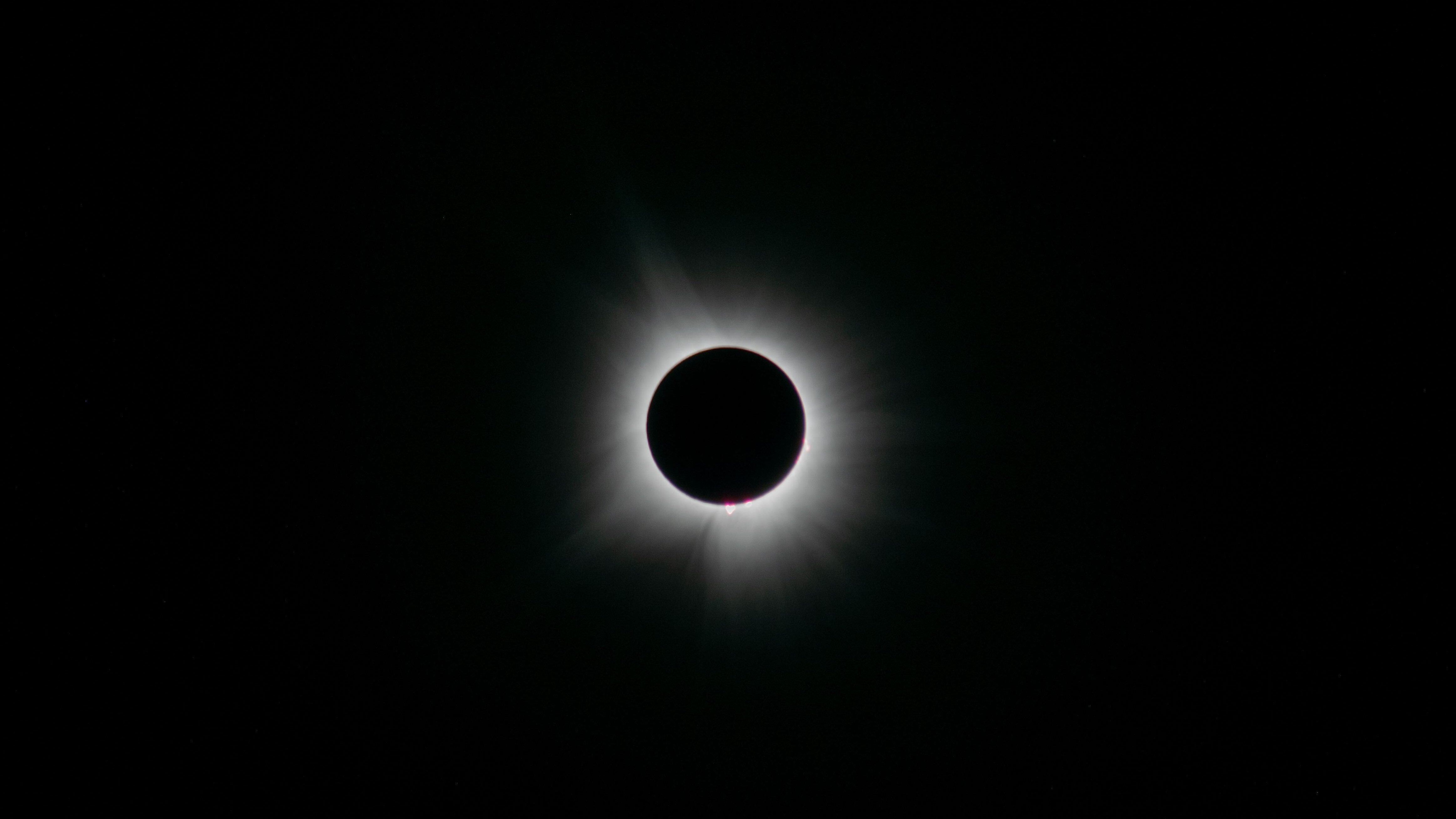
A total solar eclipse from 2471 B.C. may have shaken Egypt's cult of the sun
By Monisha Ravisetti published
"It is always difficult to establish if the eclipses were seen in the ancient past as bad omens or good omens."
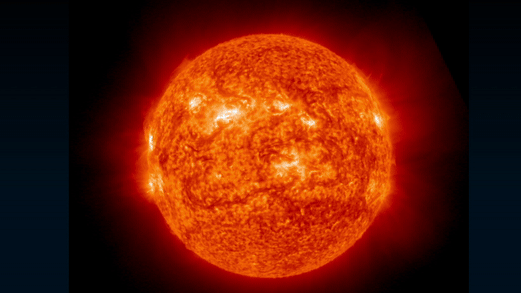
Surprise X-class solar flare from emerging sunspot triggers radio blackouts across the Americas
By Daisy Dobrijevic published
"Further strong activity is likely!"

NASA's daredevil solar spacecraft survives 2nd close flyby of our sun
By Sharmila Kuthunur published
NASA's Parker Solar Probe has successfully completed its second science-gathering flyby of the sun, the space agency announced earlier this week.
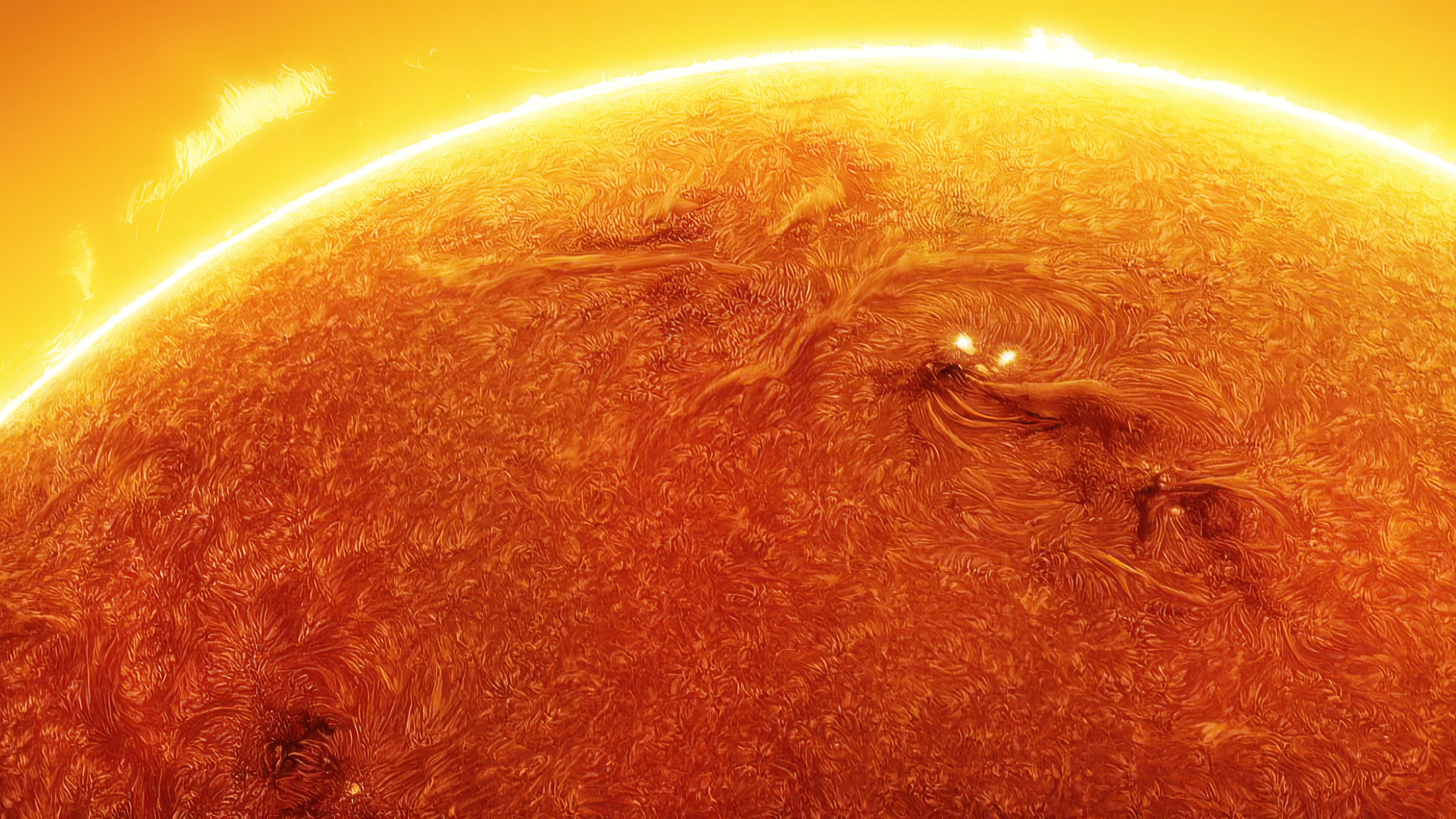
Has the sun already passed solar maximum?
By Ryan French published
Solar Cycle 25 has surpassed its predecessor — but is the end in sight?
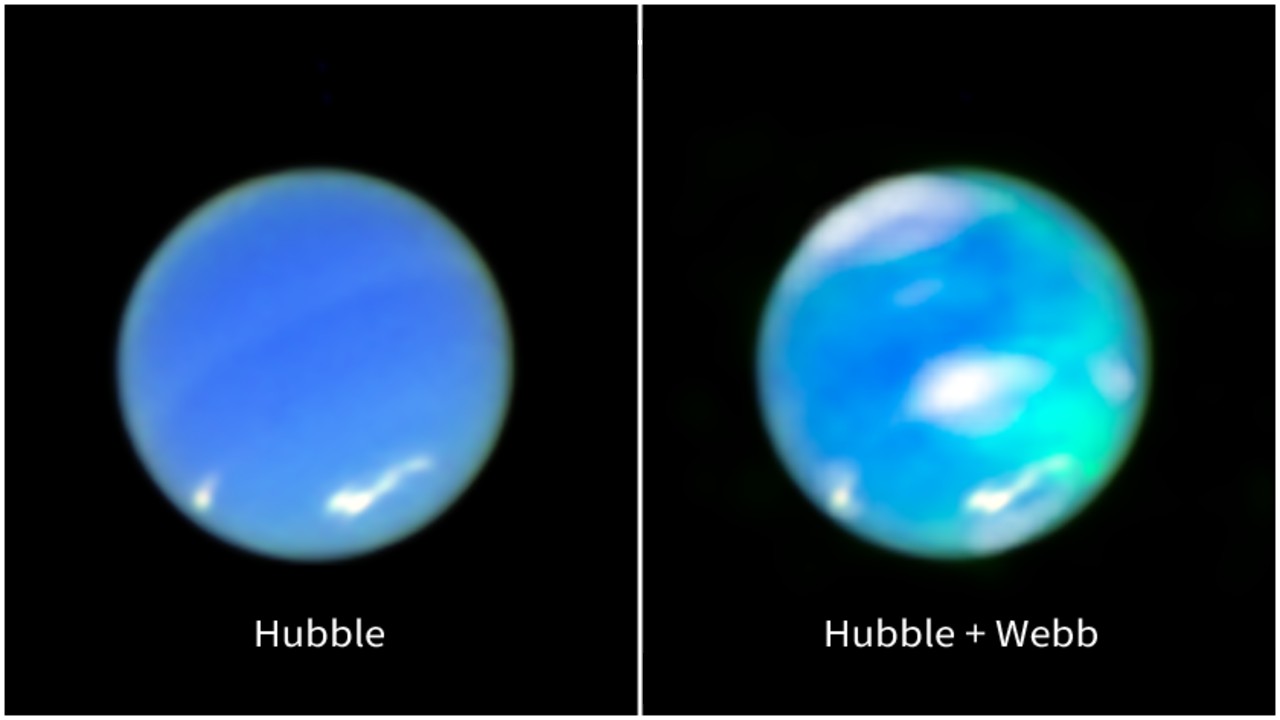
1st images of elusive auroras on Neptune revealed by James Webb Space Telescope
By Victoria Corless published
Using the James Webb Space Telescope, astronomers have captured direct images of Neptune's elusive auroras for the first time.
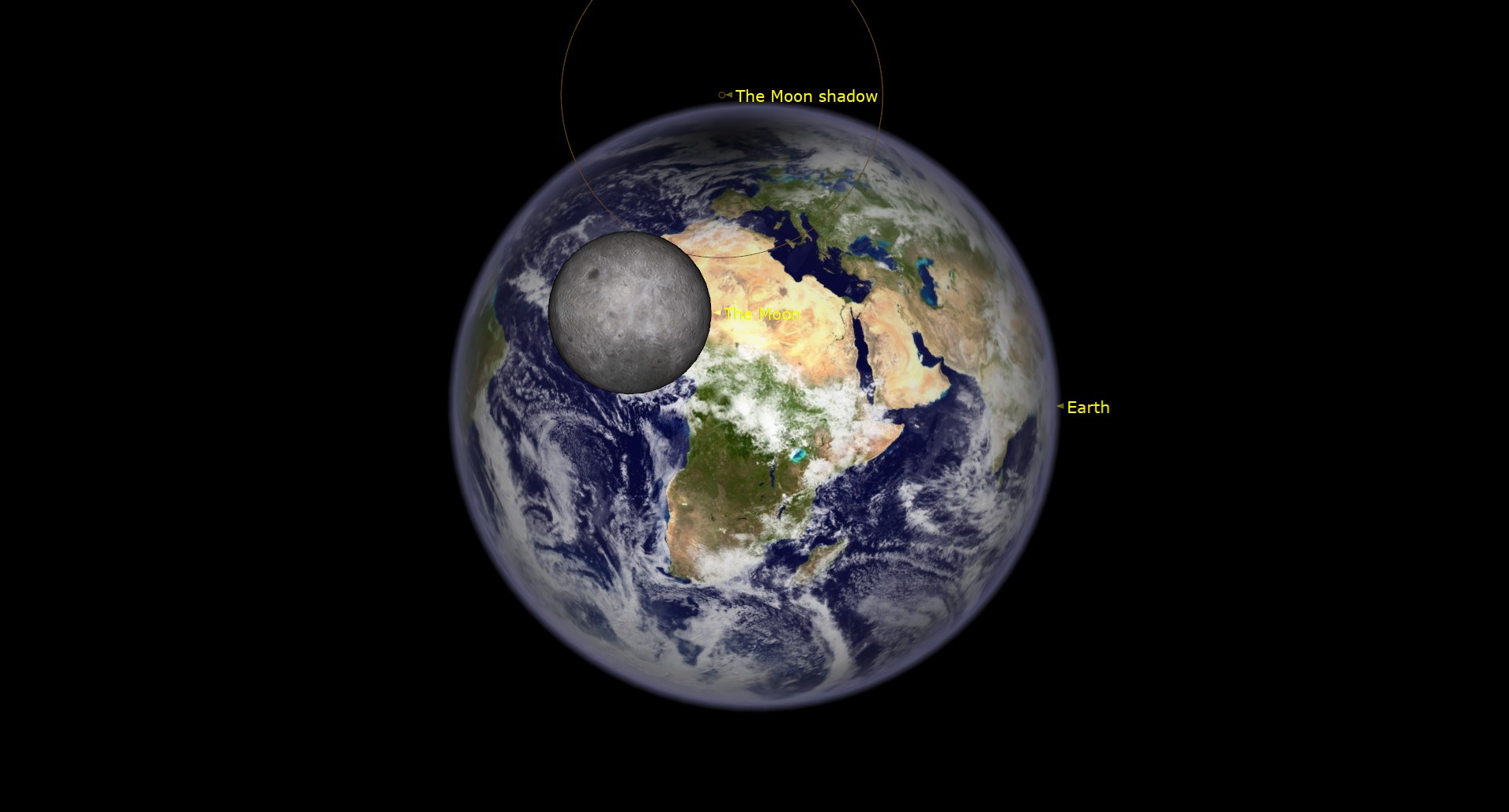
The new moon of March 2025 creates a partial solar eclipse this weekend
By Jesse Emspak published
This new moon of March 2025 will create a partial solar eclipse visible in the northeastern part of North America, much of Europe and Russia.
Get the Space.com Newsletter
Breaking space news, the latest updates on rocket launches, skywatching events and more!
